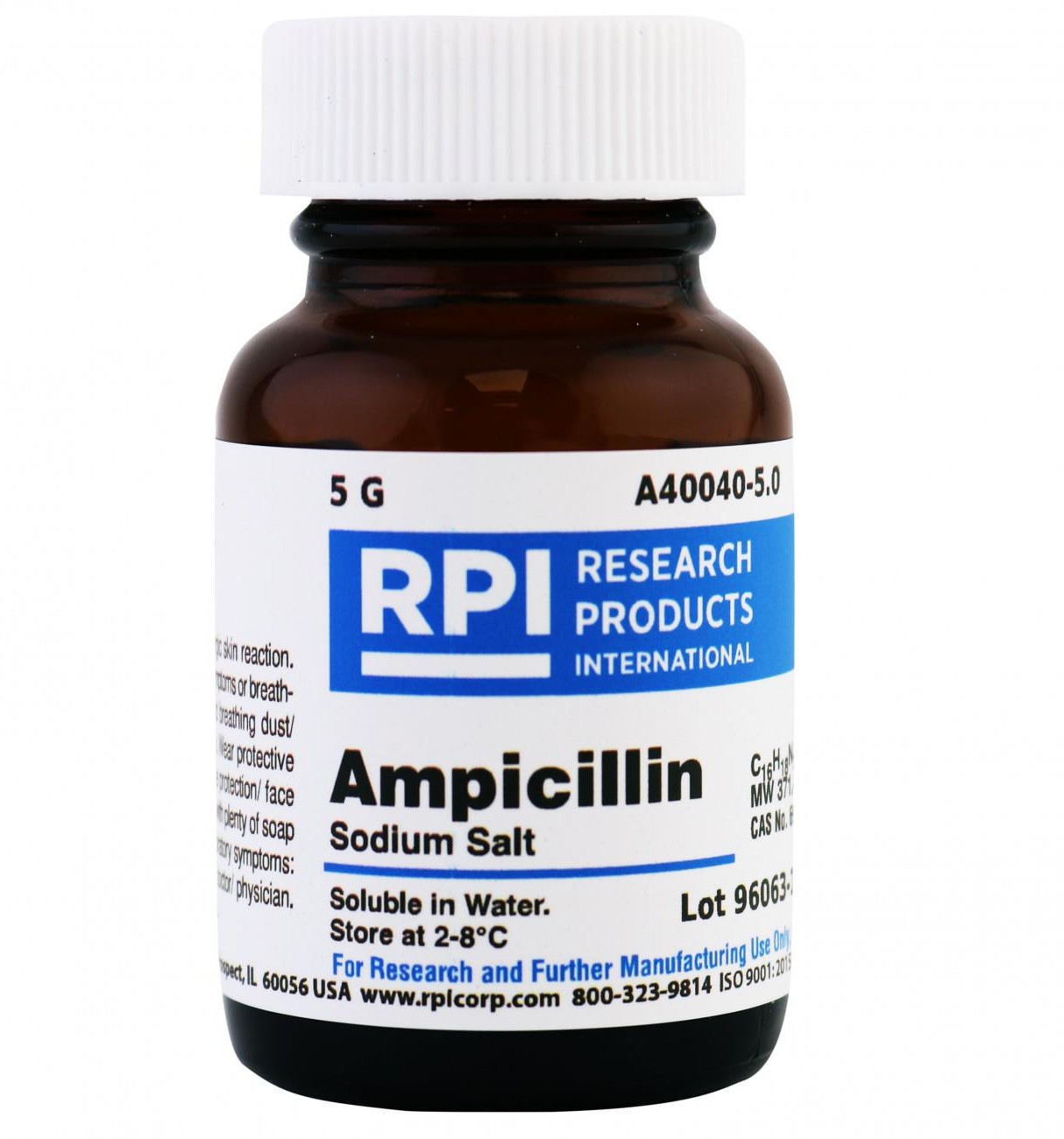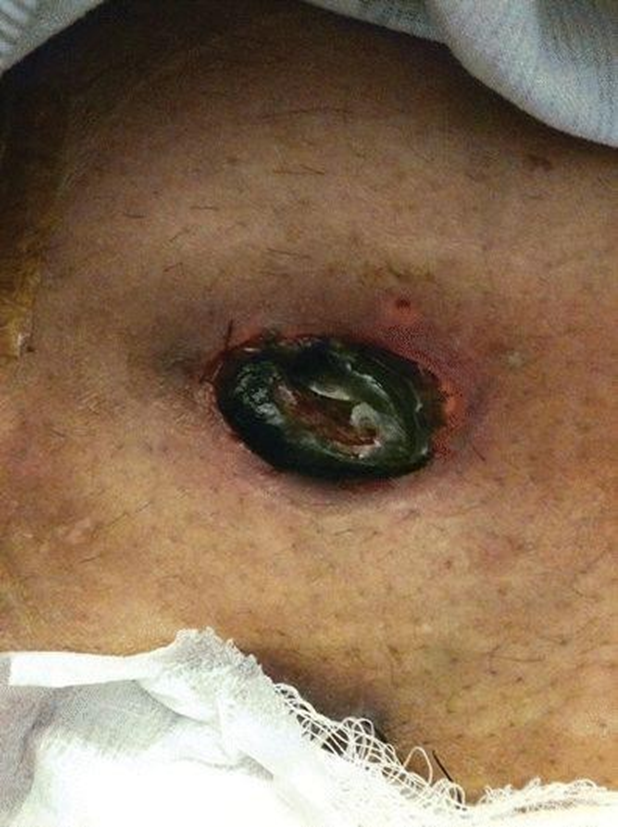A nurse is observing an assistive personnel (AP) provide postmortem care for a client prior to visitation by their loved ones. Which of the following actions by the AP requires intervention by the nurse?
Washing the client's face
Gathering the client's personal belongings
Closing the client's eyes
Removing the client's dentures from their mouth
The Correct Answer is D
Rationale:
A. Washing the client's face is part of postmortem care and is appropriate.
B. Gathering the client's personal belongings is part of postmortem care and is appropriate.
C. Closing the client's eyes is part of postmortem care and is appropriate.
D. Removing the client's dentures from their mouth is not part of postmortem care and may be distressing for the family. The nurse should intervene and ensure the dentures are left in place.
Nursing Test Bank
Naxlex Comprehensive Predictor Exams
Related Questions
Correct Answer is ["12.5"]
Explanation
To calculate the dose of ampicillin for a school-age child who weighs 55 lb, follow these steps: Convert the weight from pounds to kilograms:
55 lb × 1 kg/2.2 lb = 25 kg
Calculate the total daily dose of ampicillin:
50 mg/kg/day × 25 kg = 1250 mg/day
Divide the total daily dose by the number of doses per day:
1250 mg/day ÷ 4 doses/day = 312.5 mg/dose
Convert the dose from milligrams to milliliters using the concentration of the oral suspension:
312.5 mg/dose ÷ 125 mg/5 mL = 12.5 mL/dose
So, the nurse should administer approximately 12.5 mL of ampicillin oral suspension with each dose.

Correct Answer is B
Explanation
Rationale:
A. A stoma that protrudes slightly from the abdomen is normal after colostomy surgery.
B. A stoma that appears dark in color may indicate compromised blood flow and should be reported to the provider.

C. A stoma that bleeds lightly when touched is normal after colostomy surgery.
D. A stoma that is draining a small amount of liquid stool is normal after colostomy surgery.
Whether you are a student looking to ace your exams or a practicing nurse seeking to enhance your expertise , our nursing education contents will empower you with the confidence and competence to make a difference in the lives of patients and become a respected leader in the healthcare field.
Visit Naxlex, invest in your future and unlock endless possibilities with our unparalleled nursing education contents today
Report Wrong Answer on the Current Question
Do you disagree with the answer? If yes, what is your expected answer? Explain.
Kindly be descriptive with the issue you are facing.
